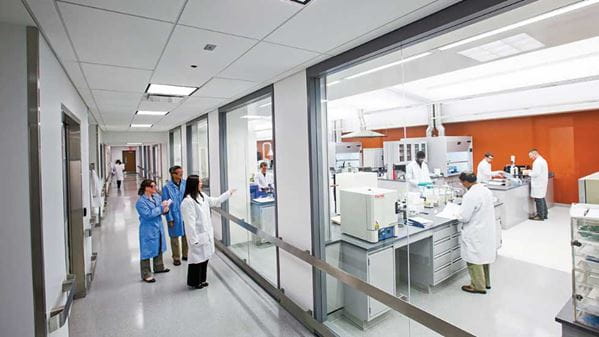Future Cell Therapy Treatments for Diabetes
There have been many innovations over the past century since it was first shown that insulin injections could help control chronic diabetes. Advances in hardware and software have resulted in more accurate blood glucose sensors that work via less invasive means and insulin pumps that have become smaller and ever more sophisticated. As we discussed in our last blog [1], there are also newer drugs, that when combined with traditional insulin therapy, can help patients better control the blood glucose levels.
![]()
The introduction of technology has done well to improve the workflow of patients, who must typically measure their blood glucose, calculate insulin units required and inject multiple times per day. Machines are best placed to perform these complex, but routine, tasks. However, none of these technologies could be described as a cure, whereby a patient could one day become independent from injecting insulin.

For those with Type I diabetes, the glucose responsive cells within islets that produce insulin are eliminated by their immune system. A full pancreas transplant, while possible, requires open surgery that brings significant risks. In 2000, a team at Alberta Hospital in Edmonton showed it was possible to treat the disease via a radical approach of transplanting human pancreatic islets [2]. As the islets represent only 2% of the pancreas, isolating and transplanting just the islets via keyhole surgery was considered a better strategy and led to an effective and less risky procedure.
Despite the success, there are reasons that the Edmonton Protocol has not been more widely accessible. Principally these are: 1) the inherent unreliability caused by cells sourced from deceased donors, and 2) even if the transplant worked, the recipient would be required to take daily immunosuppressants.
However, in the intervening years since the procedure was first pioneered there have been advances in the fields of immunology, cell therapy and biomaterials engineering that have worked to address these challenges. Researchers have now shown it is possible to control the differentiation process of stem cells to manufacture potentially limitless supplies of glucose responsive human islet cells [3, 4]. Elsewhere, progress has been made to develop new materials that can encapsulate cells and, once implanted, protect them from the immune system [5].
It is these breakthroughs that, when combined, could lead to a new future of biological treatments for diabetes. Different cell-based therapies are being trialled with different micro- and macro-encapsulation strategies and are advancing into the clinic [6-10]. As with any novel treatment methods there are many hurdles to surpass including safety, efficacy and regulatory. There will also be significant thought put into the costs and reimbursement for such disruptive interventions.
Importantly, this field is no longer just an academic pursuit; more start-ups are joining the fray [11-13] and big pharma is beginning to collaborate and invest [14, 15]. Hopefully the basic science can be translated in to clinical and commercial success that may one day free patients from injecting insulin altogether.
West is able and willing to support the development of novel systems or platforms for the treatments for diabetes. To learn more about how West can help, contact us today.



